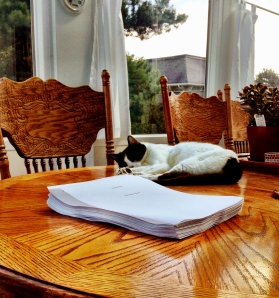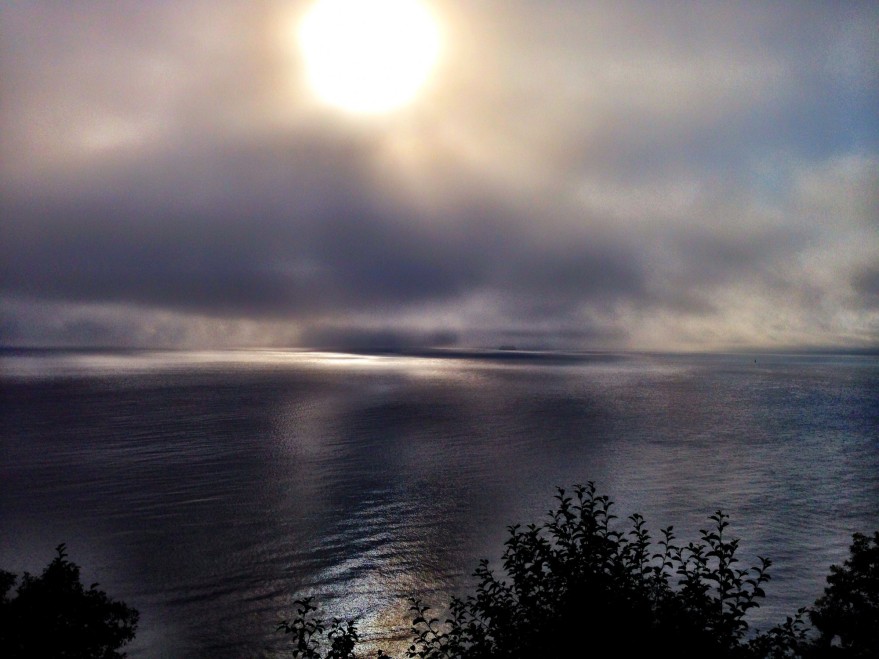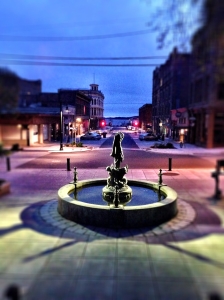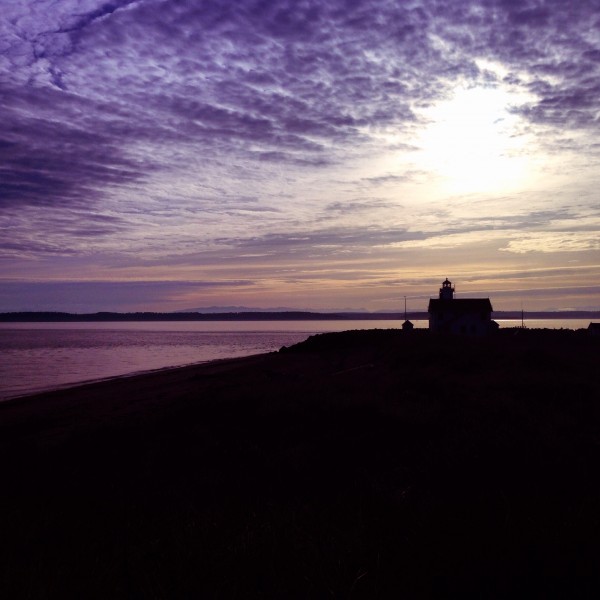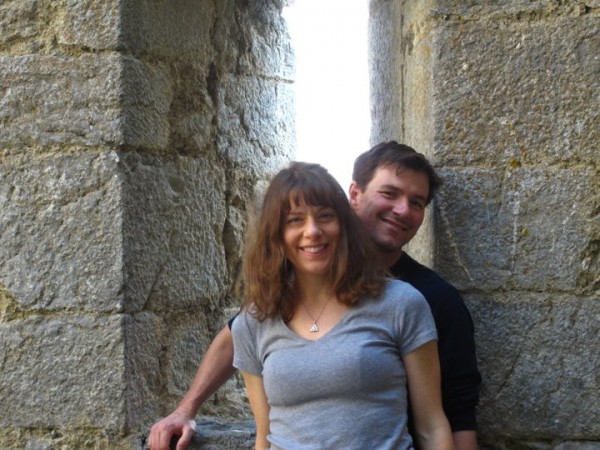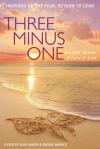 My Salinger Year by Joanna Rakoff
My rating: 5 of 5 stars
My Salinger Year by Joanna Rakoff
My rating: 5 of 5 stars
If I had a category for Most Charming Read of the Year, there would be one entrant for 2014: My Salinger Year, Joanna Rakoff’s blithe memoir of her tenure at the Agency—her arch moniker for Harold Ober Associates—one of Manhattan’s most venerable literary agencies.
I know, I know: the year has many months and reads ahead, but I’m calling this one right now. My Salinger Year is imbued with a Bright Young Things shimmer and a Woody Allenesque-patina that warms the city’s brownstones until they glow with autumn light or sparkle with the diamonds of freshly-fallen snow.
The year is 1996 and Rakoff, fresh from completing a Master’s degree in English in the U.K., needs a job. She really doesn’t need a boyfriend, but she finds lover and employment in quick succession. The latter becomes her entrée into the New York literary scene. The former, a struggling novelist, informs her emotional and artistic development and breaks her heart more times than he's worth. Which is, as it happens, not much.
Although the digital publishing and e-reading revolution is a mere ten years away, the Agency doesn’t possess a single computer and has only recently acquired a photocopier. Rakoff, hired as an assistant to the Agency’s president—to whom she refers only as “my boss”—types dictation on an IBM Selectric, Dictaphone headphones planted on her head, her feet working the pedals beneath the desk. Correspondence is done via the postal service. There are telephones of course, but no one has voicemail. If clients call after hours, the office phones simply ring and ring, echoing down the dimly lit hallways lined with plush carpet.
Enter Jerry, the Agency's most celebrated client. And if the Agency's president doesn't step up her game, he might be the last client standing. Delivering a breathless scene with a comic's sense of timing, star-struck Rakoff meets another famous client, Judy Blume. Just the one time. Judy, along with a steady stream of other writers, quits the Agency to seek representation where the 21st century is acknowledged as a done deal.
Jerry is, of course, J.D. Salinger. A writer whom Joanna Rakoff, budding writer herself, has never read. Jerry, hard of hearing, reclusive, and endearing, has expressed interest in having his long short story, Hapworth 16, 1924—which first appeared in The New Yorker in 1965—published as a novel by a tiny press in Virginia. For eight months, Rakoff resists reading Salinger, certain his lionized status is but hyperbole and his writing trite. Yet, she is immediately fascinated by the enormous volume of fan mail the author continues to receive, thirty years after his last publication. It is her job to inform each correspondent that the Agency, per Mr. Salinger's directions, can neither forward the letter to the author nor respond to any requests. When she finally does read Salinger, it is in a revelatory binge. That weekend of Salinger sets the tone for the brief time that she remains at the Agency, but it also leads her to finding her writing voice.
The interactions with J.D. Salinger and the near-farcical subplot of the reissue of Hapworth ground the story in the disappearing age of traditional publishing, when a few elite readers determined what the rest of us would be checking out from our public libraries, or purchasing from the rapidly-vanishing independent bookstores, or once-were-giants Borders and Barnes & Noble.
But at its tender heart, My Salinger Year is the coming of age tale of a young woman and writer and an ode to being young and sort-of single in New York, living in an unheated apartment in Williamsburg and taking the subway to Madison Avenue to talk in plummy, tweedy tones with other underpaid literati. It is a gloriously, unabashedly nostalgic memoir and yes, utterly charming. Rakoff's writing is breezy and self-effacing, completely in character with the twenty-three-year-old woman who recounts this seminal year. Only an accomplished and confident writer could manage to sustain that tone with authenticity. Joanna Rakoff enchants readers with an elegant memoir that reads like a curl-up-with-a-cuppa novel. She's just won a new admirer.
